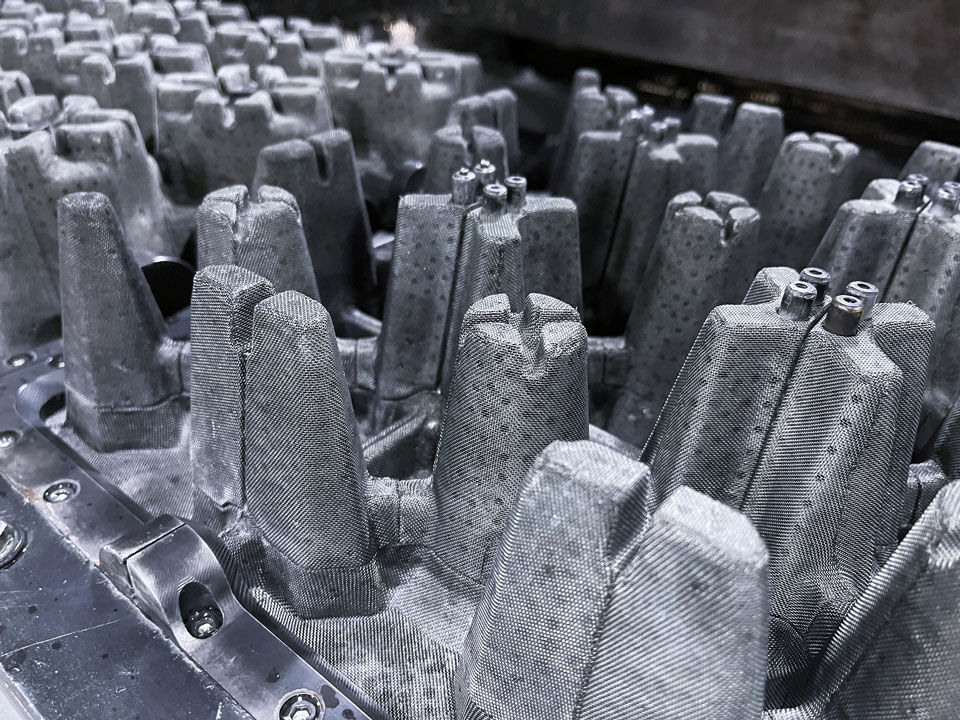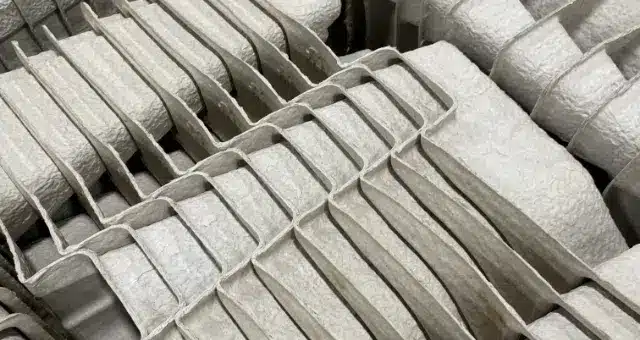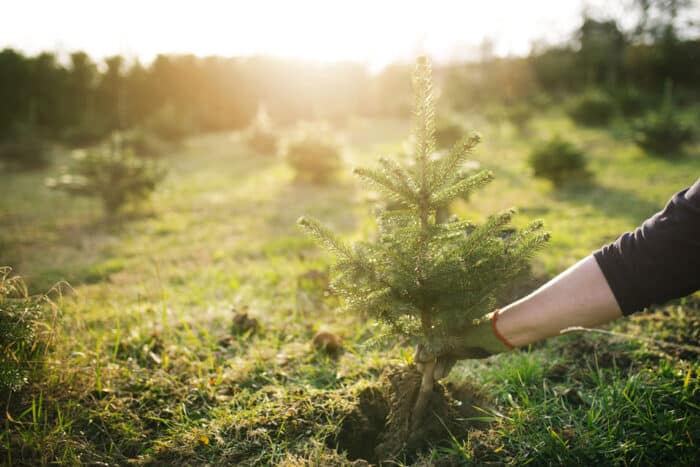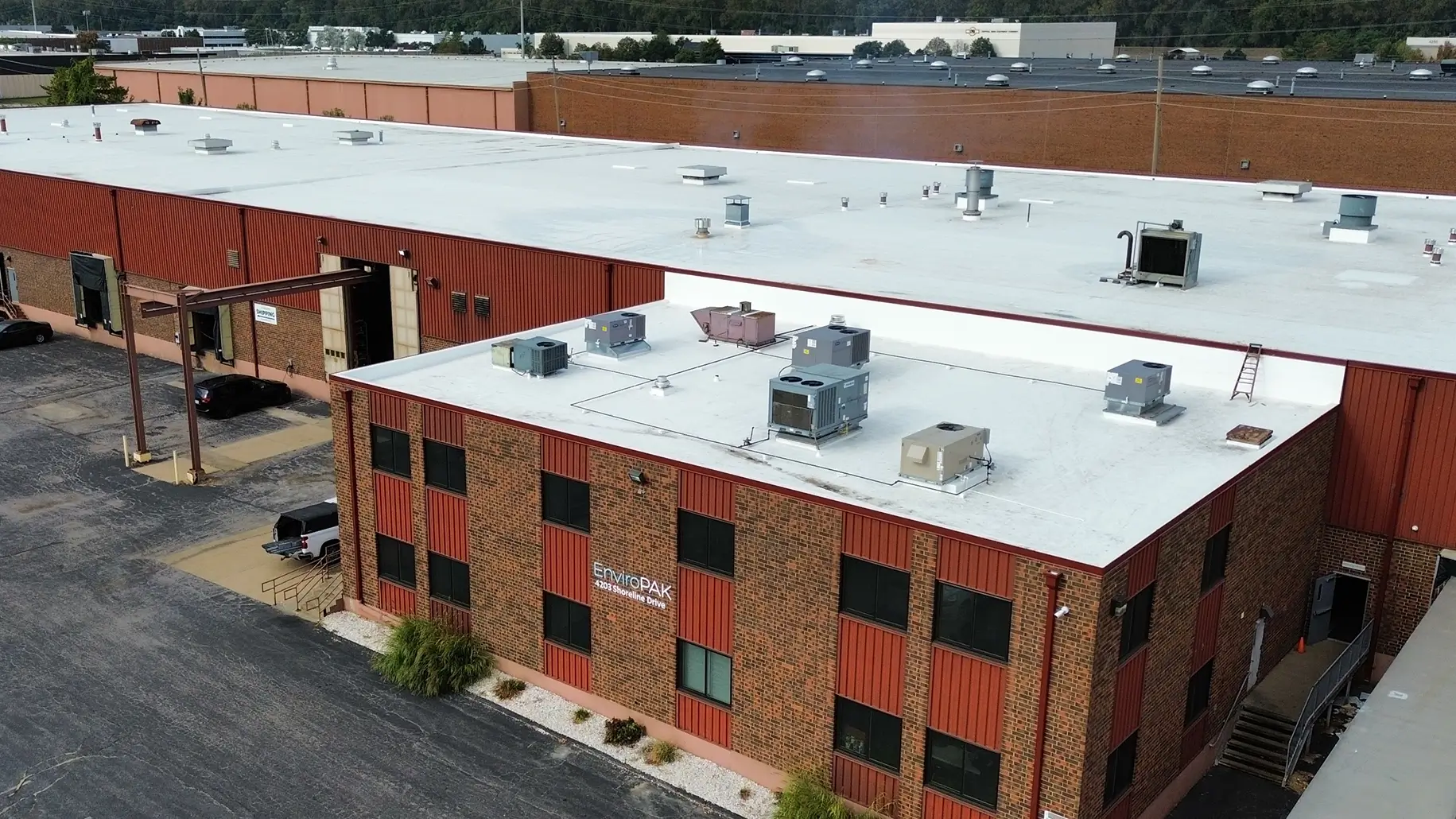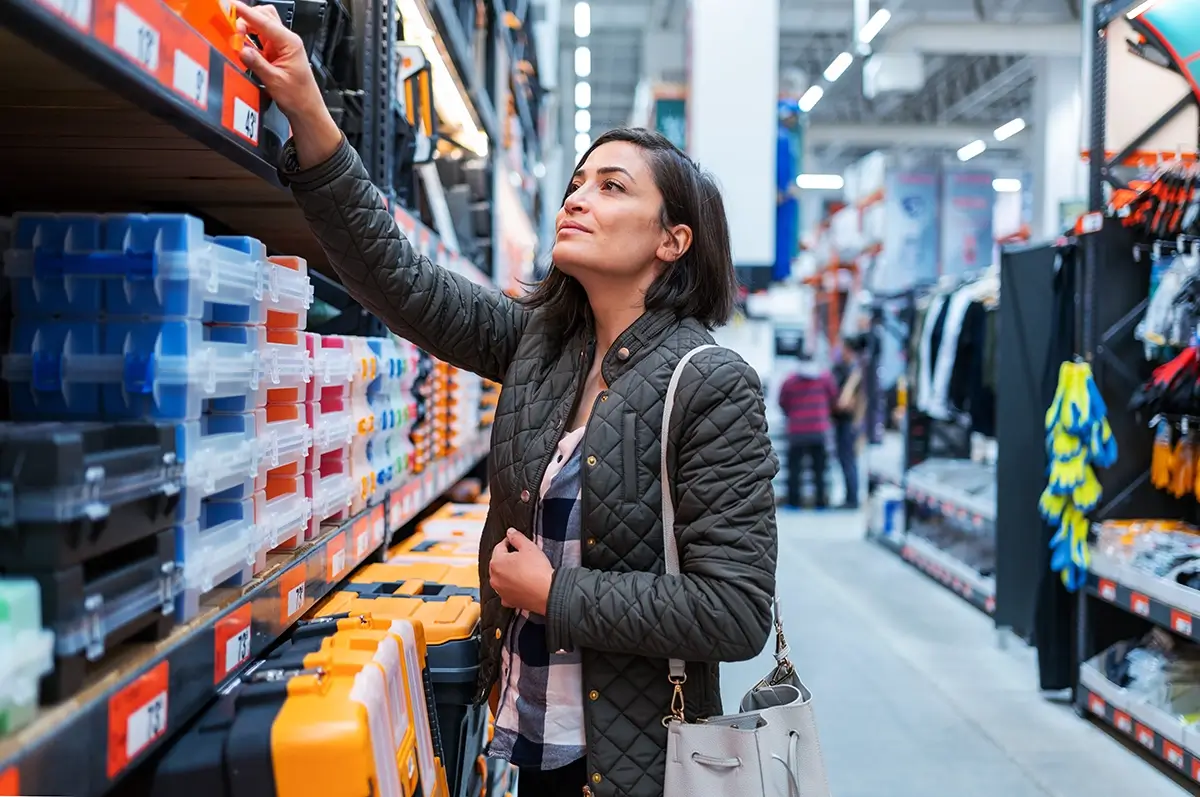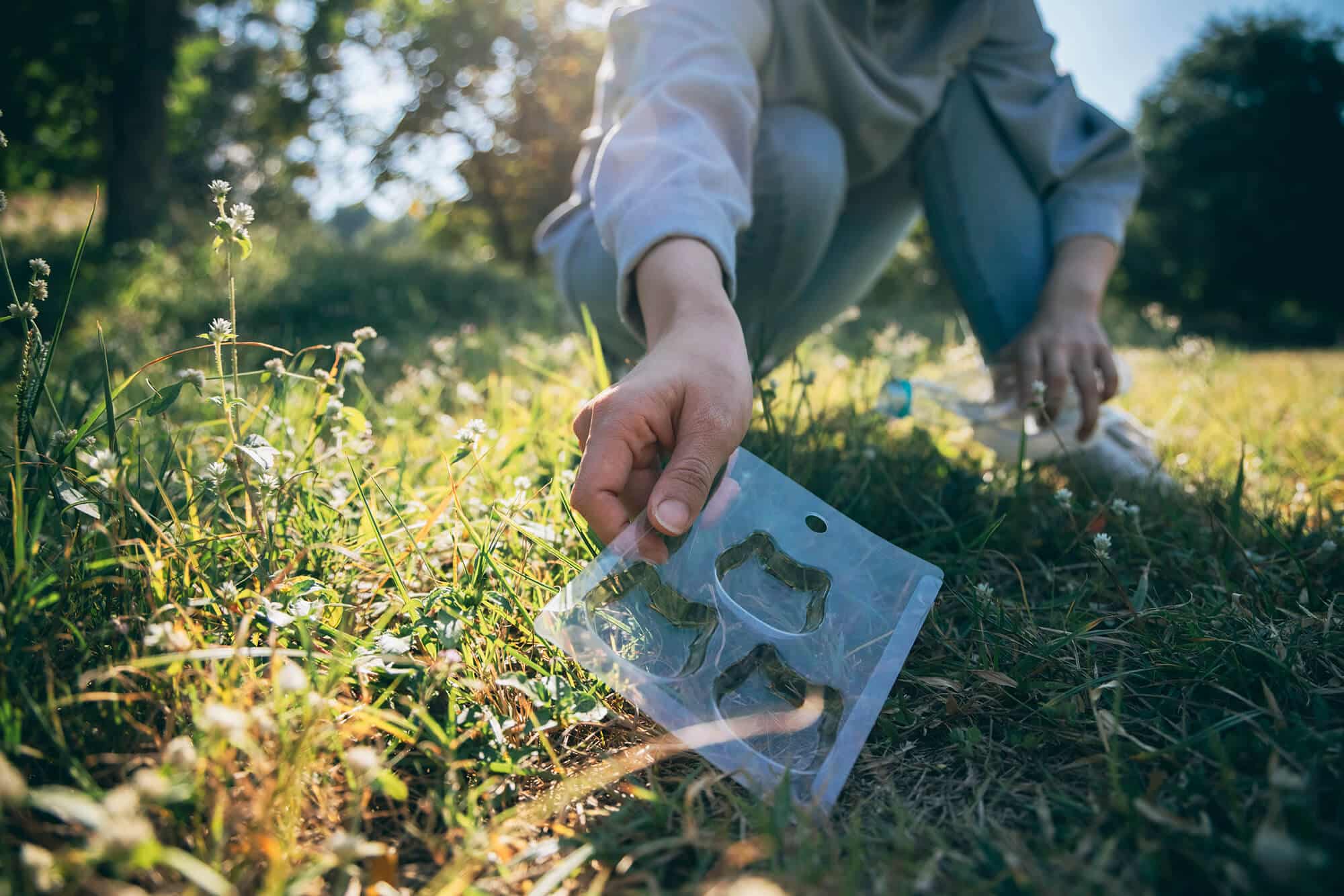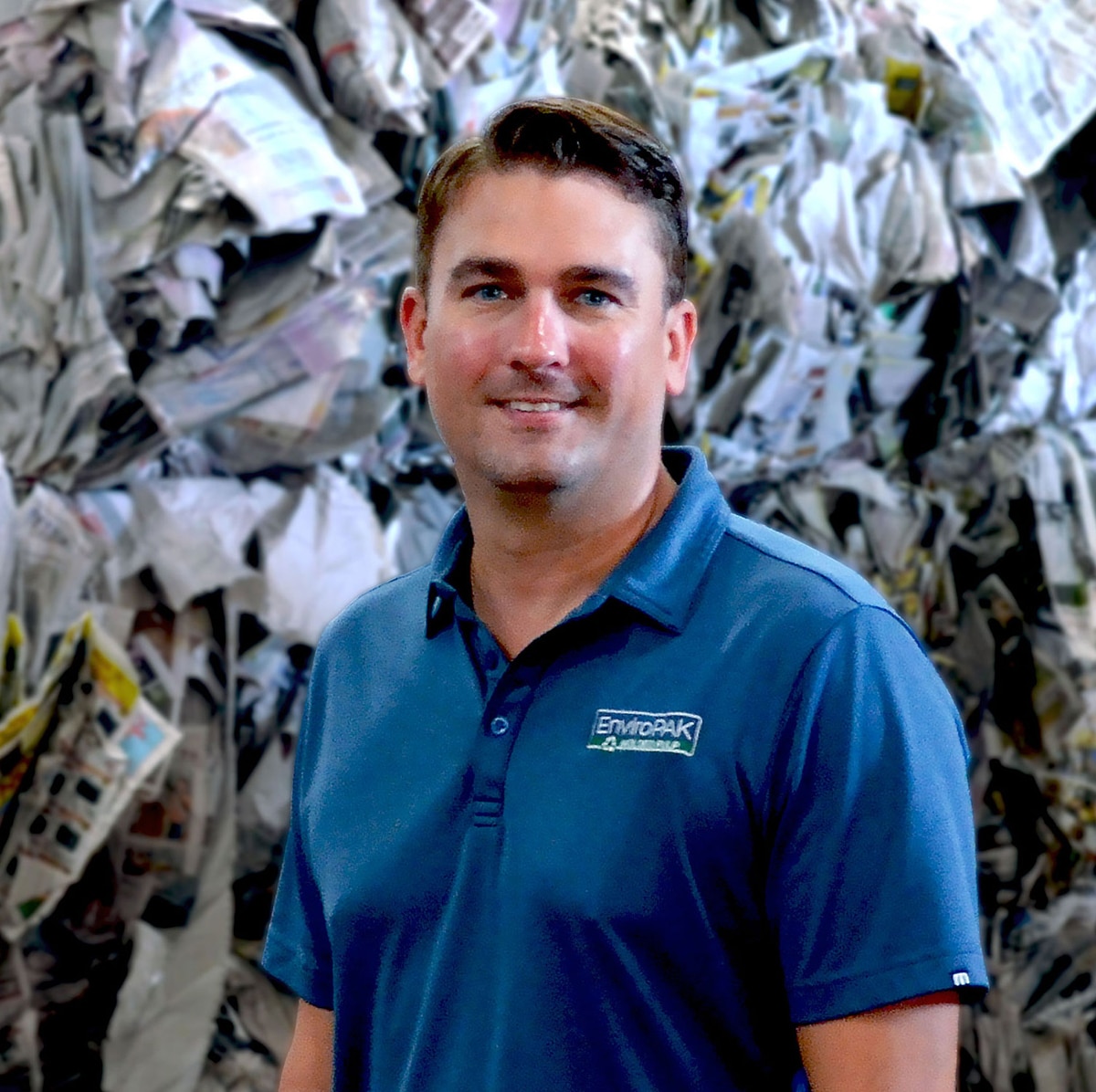There’s a green movement going on in communities around the world to achieve zero waste. It centers on handling packaging in sustainable ways instead of burning it or dumping it into landfills.
“Untrashing” the world is just one effort to curb an environmental crisis impacting the world today known as plastic pollution. You see it in discarded plastic packaging waste overflowing in landfills or floating in the world’s oceans. What is resulting are environmental stressors that are leading to ecosystem degradation, loss of biodiversity, and natural resource depletion.
“Plastic pollution can alter habitats and natural processes,” states the UN Environment Program, “It reduces the ecosystems’ ability to adapt to climate change, directly affecting millions of people’s livelihoods, food production capabilities, and social well-being.”
America is home to millions of people. It’s also home to one of the biggest plastic packaging pollution challenges.
There are an estimated 339,996,563 million people living in the United States, a total population ranking 3rd in the world behind China and India. But American’s are the greatest contributors to plastic packaging pollution.
Statistics from a 2023 GreenMatch report on plastic waste indicate that plastic use has increased significantly in the United States over the previous four decades, with at least 85% of municipal plastic waste disposed of in landfills. That’s ahead of India, China, Brazil, and all of Russia.
Facts. Figures. And the future.
How much plastic packaging is the U.S. producing, and wasting, and what is the environmental impact? This is an especially important question to consider since the additives used to manufacture plastics can take up to 400 years to break down. Especially single use plastic packaging. This is why eight U.S. states have banned this type of plastic packaging.
These facts give you a clear picture of what we are facing:
Fact: Plastics production in the U.S. totaled 121.4 billion pounds in 2019. Production of polyethylene (a thermoplastic polymer that includes HDPE, LLDPE, and LDPE) was the highest and is commonly used in packaging.
Fact: The U.S. produces an estimated 20% of the world’s plastics. That equals about 287 pounds of plastic waste yearly for every person in America.
Fact: Only about 5 percent of all U.S. plastic waste was recycled in 2021.
Fact: Between 1.13 million to 2.24 million metric tons of U.S. plastic waste leak into the environment each year. An estimated 8 million metric tons of that plastic end up in the ocean every year, and it could reach 53 million by the end of the decade.
The Earth deserves better. So does the brand image of consumer products.
Improved recycling efforts of post use plastic packaging may, on the surface, seem like an obvious solution, or is it? According to Inger Anderson, Executive Director for the UN Environment Program, “We will not recycle our way out of the plastic pollution crisis: we need a systemic transformation to achieve the transition to a circular economy.”
One example where a systemic transformation is needed is plastic waste in oceans. Yes, the large pieces can be retrieved, but as detailed in an article by National Geographic, “Once plastics break down into microplastics and drift throughout the water column in the open ocean, they are virtually impossible to recover.”
This is where a 100% biodegradable, 100% compostable packaging material solution such as molded fiber can help curb this eco-threat. It leaves no “post-use trace” on land or in the delicate ocean ecosystems.
According to recent research, product brands lacking a sustainability mission, and not aligning with environmentally friendly packaging material choices, are losing “green consumer” confidence to more eco-conscious competitors.
In a 2022 global survey: Sustainability in Packaging, conducted by leading research group McKinsey & Company, “Consumers value sustainably sourced and manufactured products so much that this has led to 2.7 times faster growth for sustainable products versus traditional goods. Our global survey found that 75 percent of companies have already made sustainable packaging commitments.”
Nationally and worldwide recognized product brands and retailers already on the sustainability bandwagon include 3M, Coca-Cola, Walmart, Bass Pro Shops, General Mills, Mars Wrigley, Pentel, AXE, KFC, Estée Lauder, NIKE, Patagonia, Lowe’s, Levi’s, Best Buy, and Néstle Purina.
According to Bryon Crump, Vice President of Sales & Marketing at EnviroPAK, “Untrashing the environment begins with companies making right and doing right. Molded fiber packaging is part of the solution. Corporate leaders see the present and future of consumer buying behavior and many are positioned to win because they are focused on a path toward a net-zero carbon footprint. And they are demanding this of their suppliers, too.”
Molded fiber. The natural choice for packaging, and the environment.
Untrashing the environment begins with companies making right, consuming right doing right. Molded fiber packaging is the solution to help with all these efforts.
Every year EnviroPAK manufactures custom packaging utilizing molded fiber out of over 3,500 tons of recycled paper. Molded fiber is recyclable, 100% biodegradable, and 100% compostable. Everything about it is positive for the environment. And it’s just as positive for product sales according to these statistics:
Sustainable products have a 17% global market share and a 33% share of global growth
Products marketed as sustainable grew 2.7x faster than those that were not
75% of sustainable goods sell better online than in-store
78% of consumers feel that sustainability is important
55% of consumers are willing to pay more for eco-friendly brands
84% of consumers say poor environmental practices will alienate them from a brand
In addition, EnviroPAK has seen reduction in production costs by companies utilizing a molded fiber custom packaging solution. It’s evidenced by the molded fiber fishing line spooler engineered by EnviroPAK for RIO Products. Not only did it meet stringent functionality requirements, this innovative solution saved the company six cents per unit – an estimated 12% annual production cost savings for hundreds of thousands of spoolers sold each year.
Working toward net zero starts today, not tomorrow.
With a third of all plastic waste ending up in soils or freshwater, plastic pollution is a serious environmental challenge. Dealing with it tomorrow might be too late. This is why Leading brands are so focused right now on sustainable packaging and a circular economy value mission.
The paperization of packaging through molded fiber is helping these same companies lower their carbon footprint while increasing their sales to consumers who, now more than ever, have an eco-conscious buying mindset.
Learn more about why molded fiber packaging is the right direction for the environment and your customers by contacting EnviroPAK today. Our molded fiber packaging is the ideal sustainable, biodegradable and compostable solution to protect your products and your brand image with consumers.

